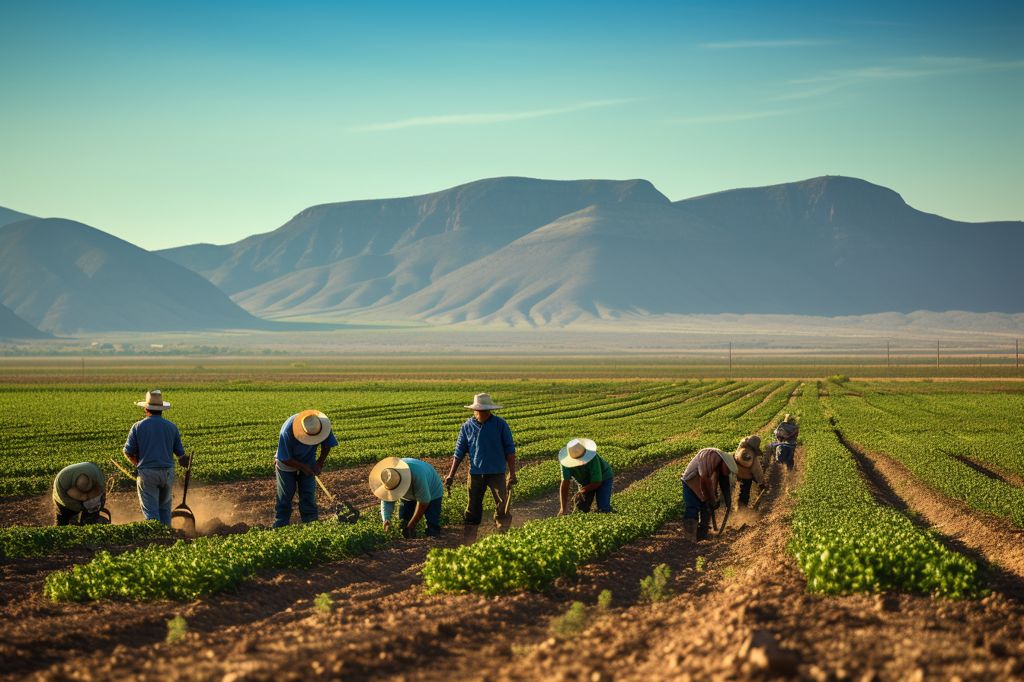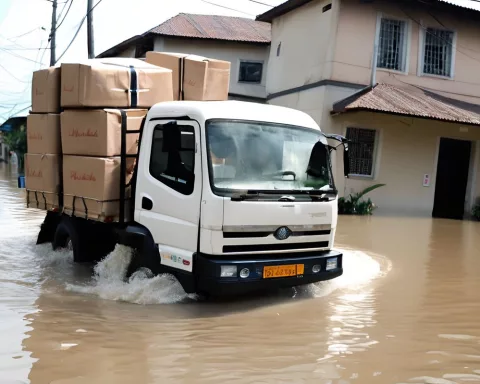Niger, a vast and intriguing country nestled in West Africa, has a rich history and a multitude of challenges. With over 1.2 million square kilometers of land, the country is predominantly covered by desert, leaving little arable land for its rapidly growing population of 26.2 million people. This has led to rampant poverty, with half of the population living below the poverty line.
The Challenge of High Birth Rate
Niger’s high birth rate, the world’s highest at 6.8 children per woman in 2021, exacerbates the situation. Despite these adversities, the resilient people of Niger continue to adapt and innovate in the face of hardship. One such endeavor is the Great Green Wall project, an ambitious plan to create an 8,000-kilometer-long corridor of trees and shrubs stretching across Africa to combat desertification.
Tumultuous Political Landscape
Since gaining independence from France in 1960, Niger has experienced a tumultuous political landscape, witnessing four coups, the most recent occurring in February 2010. However, the nation achieved its first-ever democratic transition of power in 2021 when President Mohamed Bazoum took office after his predecessor voluntarily stepped down. Unfortunately, this progress was marred by an attempted coup in July 2023, which saw disgruntled members of the Presidential Guard detaining the president.
The Threat of Jihadist Insurgency
In addition to political instability, Niger grapples with the ever-present threat of jihadist insurgency. Originating in Mali in 2012, this conflict has spilled over into neighboring countries, including Niger and Burkina Faso. The porous borders of the Sahel region exacerbate the situation, with violence reaching within 100 kilometers of Niger’s capital. This persistent threat has led to a strong partnership between Niger and Western powers, particularly France, which has stationed 1,500 counter-terrorism troops in the country.
The Rich Natural Resources
Despite its challenges, Niger boasts vast natural resources, including significant deposits of uranium, gold, and oil. The country is home to some of the largest uranium reserves globally, making it an essential partner for France, which relies heavily on nuclear energy. However, the majority of Niger’s population remains dependent on agriculture for their livelihoods.
Captivating History and Culture
Beyond its geopolitical and economic significance, Niger is a land of captivating history and culture. In the northeast, ancient towns and forts rise majestically from the Sahara, remnants of a bygone era. Djado, with its crenelated walls, watchtowers, and enigmatic origins, stands as a testament to the region’s fascinating past. In recognition of its historical value, Niger is seeking UNESCO World Heritage Status for this remarkable site.
Overcoming Adversity
Niger’s story is one of contrasts and complexity, where the forces of nature, politics, and culture intertwine. From the desert sands to the corridors of power, this West African nation grapples with adversity and uncertainty while demonstrating an unwavering resilience and adaptability. As Niger faces the future, the world watches and hopes that this land of rich heritage can overcome its challenges and prosper.












